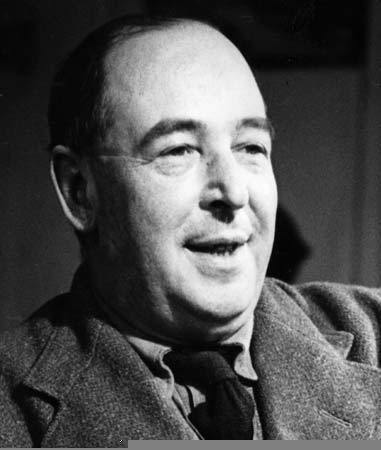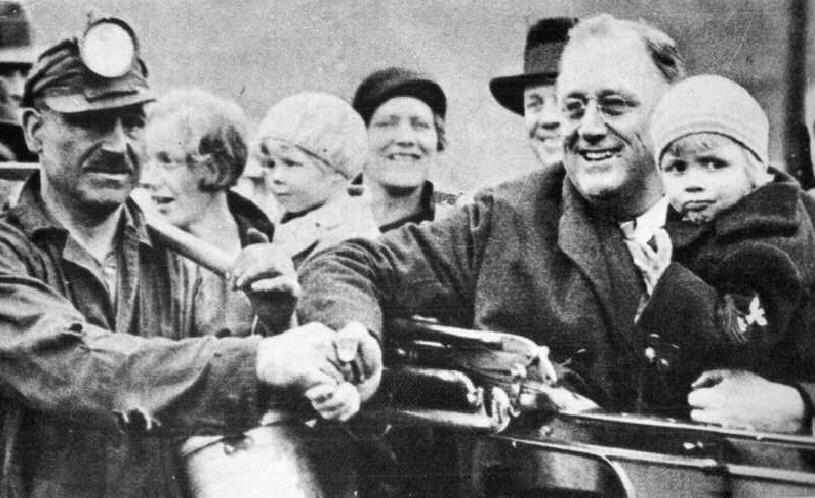Madonna del Parto, unknown painter
December 1st is the beginning of the Advent season this year. Every year I gripe about how early the holiday commercials and tinsel appear. There's too much rush and clamor and not enough quiet preparation. Some of my facebook friends have been posting Christmas pictures since October!
It's occurred to me lately, however, that maybe I'm being a little unfair. For all of the hype and chintzy-ness of the holiday season, the true magic of Christmas still shines through. Beneath all of the fool's gold is the real gold of Jesus Christ's coming. Each of our hearts yearns for the coming of the King. We can't wait to celebrate his birth.
I heard some people sniping about how stupid it was for people to get so excited over the birth of Prince William and Kate Middleton's baby last summer. "What a lot of nonsense!" they grumbled.
I don't agree. There's something deep within us that anticipates with joy a royal birth. Multiply that to the nth degree and you have so many people chomping at the bit to begin celebrating Christmas.
Advent, in my opinion, is a more beautiful and fulfilling way to prepare for the celebration of the greatest royal birth in human history, the birth of God.
"Advent means a presence begun, the presence of God. To celebrate Advent means to bring to life within ourselves the hidden Presence of God," writes Pope Benedict XVI.
Magnificat
The first image on this post, Madonna del Parto, showing the Virgin Mary heavy with child, is on the cover of the December issue of the magazine Magnificat. For an interesting commentary on this particular image (starting December 1st), go to www.magnificat.net, click on 'Discover Magnificat' in the English Language section, then find 'The commentary of the cover' at the top of the right column.
I often include texts from Magnificat on this blog. It's a fantastic monthly magazine that includes the Scripture readings for each day's mass, with a daily meditation on the theme of that day's readings. Plus, there are daily morning and evening prayers and Scripture readings and a handful of thought-provoking essays scattered throughout the magazine.
I highly recommend you go to any Catholic book store and for $5.95 buy yourself a copy. Read it daily throughout the month and you may decide to subscribe to it.

















